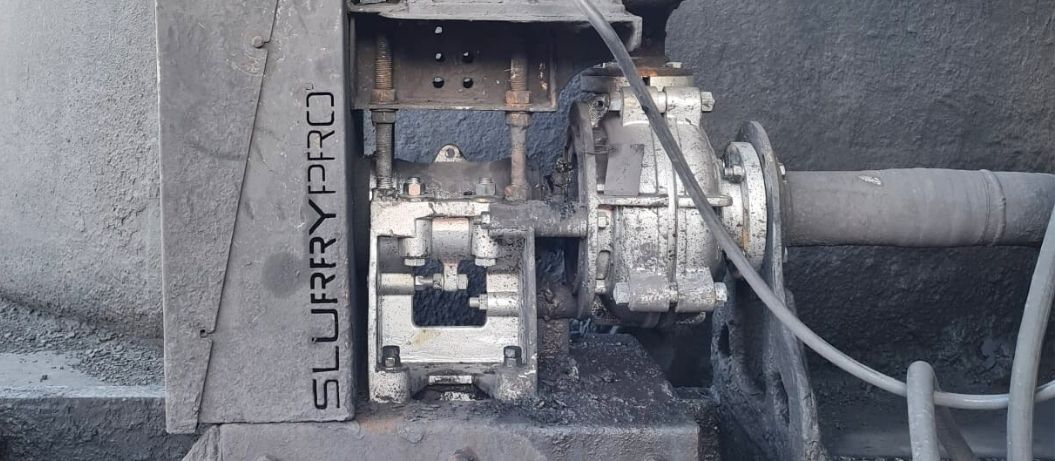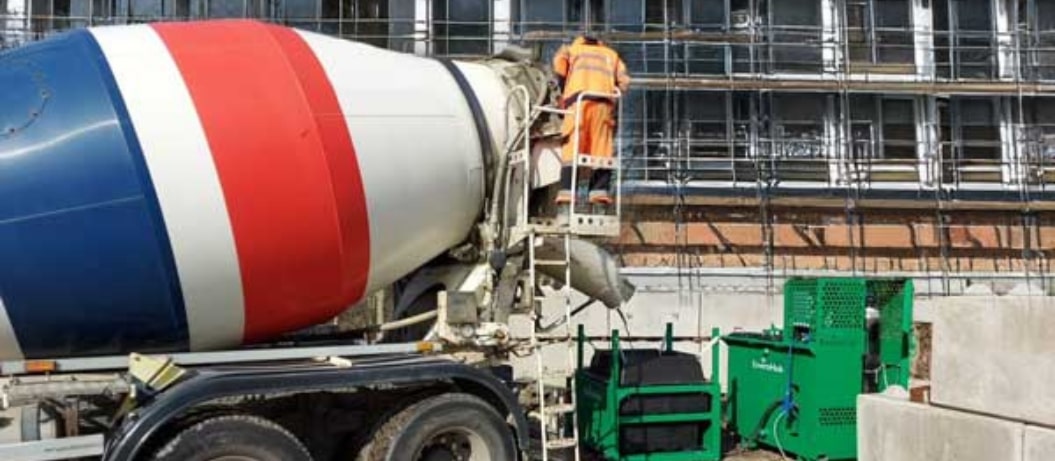How AI-Powered Pumps Are Changing Quarrying Operations
Artificial Intelligence (AI) is no longer confined to offices, schools and banking helpdesks. The technology is also making significant inroads into ‘hands-on’ industries like quarrying, where operational efficiency and cost control are crucial. For UK quarry managers, AI-powered pumps represent a potentially transformative opportunity. By leveraging software technologies such as machine learning, predictive analytics, and automation, these advanced systems have the potential to reshape the way quarries manage water flow and resource consumption.
Why is AI important to quarries and heavy industry?
Quarrying and mineral extraction might seem as far from a software-based industry as it gets. However, AI and smart software are proving their worth in various ways in this field. For example, Artificial Intelligence includes a suite of technologies that enable machines to learn from data (through a network of sensors), predict outcomes, and even operate autonomously in some cases. For quarry operations, pumps equipped with AI provide unparalleled advantages over earlier iterations. These systems don’t just move water but can also actively optimise processes, predict maintenance needs, and ensure continuous, efficient operation to support uninterrupted quarrying activities. AI systems are already credited with raising efficiency and reducing operational costs in quarrying and mining, with some projections indicating that AI integration could save the global sector between US$290 billion and $390 billion by 2035.
Drive Greener Quarrying Operations
Explore practical ways to reduce emissions, boost energy efficiency, and make smarter pump choices with our expert sustainability guide.
How AI works in quarrying
At its core, AI relies on so-called ‘big data’ to deliver practical operational insights. Massive volumes of operational data—covering variables such as flow rates, pressure levels, energy consumption, and equipment vibrations—are collected and analysed. Smart systems, like our EnviroHub Monitoring Units (MU) and Senteos platform, provide real-time data to AI models that identify patterns, learn optimal behaviours, and adjust automatically to varying quarry conditions.
For instance, machine learning-based predictive maintenance can analyse sensor data to detect anomalies and predict failures, enabling maintenance teams to act before breakdowns occur. If a pump detects rising vibrations (a common precursor to wear or failure), the system predicts downtime and automatically alerts maintenance teams. By doing so, AI facilitates a more proactive rather than reactive operational model, saving time and preventing costly breakdowns.
Recent AI innovations in pump technology
Advanced quarry pumps are no longer just mechanical workhorses; they are, increasingly, intelligent systems designed to adapt dynamically to challenging environments. Let’s explore some innovations enabled by AI.
Intelligent pump controllers
AI-powered controllers monitor real-time parameters such as flow rates, pressure, energy usage, and mechanical vibrations. These real-time insights allow pumps to operate at peak performance, automatically adjusting based on quarry requirements.
For instance, during heavy rainfall, the system senses increased inflow and redirects excess water efficiently without wasting energy. Similarly, during low-demand periods, it reduces activity to conserve power. Incorporating data from weather forecasts into AI can enable pre-event actions to mitigate high flood levels before flooding occurs. For instance, if reservoirs and storm water tanks are emptied 2 or 3 days before a deluge, then the flood’s maximum reach is lessened, as these have their full buffer capacity. Alternatively, weather forecasts can help plan best times for inspection and maintenance of assets, or enable timely deployment of emergency systems.
Predictive maintenance systems
Rather than relying on pre-scheduled maintenance routines, AI integrates prediction into standard workflows. Quarry pumps embedded with predictive analytics can assess wear and tear across components and send alerts before malfunctions occur.
In real-world scenarios, these systems have been able to detect motor or bearing degradation days in advance, allowing for timely intervention and reducing unplanned maintenance costs. A case study from 2023 showed that AI-driven failure prediction saved one site US$150,000 through timely pump replacement, while another predictive system avoided plant shutdowns worth up to £1 million.
Adaptive systems for changing conditions
Quarry environments are unpredictable. Flooding, debris build-up, or fluctuating energy demands can challenge even the most robust setups. Adaptive AI systems enable pumps to respond in real-time, quickly calibrating processes to maintain efficiency under dynamic conditions.
Unlock Smarter Sludge & Grit Management
Discover real-world solutions and proven technologies to reduce downtime, cut costs, and improve water treatment efficiency
4 Benefits of AI-powered quarry pumps
The adoption of AI in pumps is delivering measurable gains for quarry operations. Here’s why AI pumps are turning heads in the UK quarrying sector.
1. Energy efficiency
AI pumps optimise power usage, ensuring energy is precisely allocated without excess. Variable speed control allows pumps to operate only as much as needed, significantly reducing energy consumption. An example from a midstream water operation demonstrates that AI-driven optimisation resulted in electricity savings of up to 30% across multiple sites. This benefit not only cuts costs but also supports sustainability goals, aligning with increasing regulatory pressures on quarry operators to reduce their carbon footprint.
2. Lower maintenance costs
AI’s predictive maintenance capabilities eliminate the guesswork from servicing schedules, preventing unplanned downtime. Repairs can be scheduled efficiently, with parts sourced ahead of time, minimising expenses.
3. Enhanced operational efficiency
AI improves water flow consistency, ensures optimal pressure levels, and eliminates issues such as pump cavitation or surges that commonly disrupt workflows. As a result, quarries operate more smoothly, with fewer interruptions and higher productivity.
4. Reduced downtime
Thanks to predictive analytics and real-time adjustments, downtime becomes a rare occurrence. This means increased quarry throughput and the ability to meet tighter project deadlines with confidence.
What’s next?
Future developments in AI are likely to include greater integration with drones and autonomous vehicles, tighter collaboration with automated drilling rigs, and even smarter systems capable of allocating water resources based on entire-site demands. It’s an exciting time. To discuss your needs for smart pumping solutions, reducing wear and tear from grit, or flow and pump monitoring and controls please speak to us now or send us your enquiry. Atlantic Pumps have well-proven solutions for many pumping issues in sludge, slurry, grit and high-dry/solids matter.
You may also find our downloadable pdf “Ultimate Guide to Quarry Sustainability” and “Grit and Sludge Management in the Water Industry” of interest.
Ready to Unlock the Power of AI in Your Quarry?
Discover how smart pump systems can cut costs, reduce downtime, and boost operational performance.
We also take a sustainable approach to our work and are committed to reducing energy waste from pumps. Our expert knowledge allows us to reduce energy usage by 20% on the average site!
Call us today on 0808 196 5108 for more information.
 August 6 2025
August 6 2025 6 min read
6 min read


